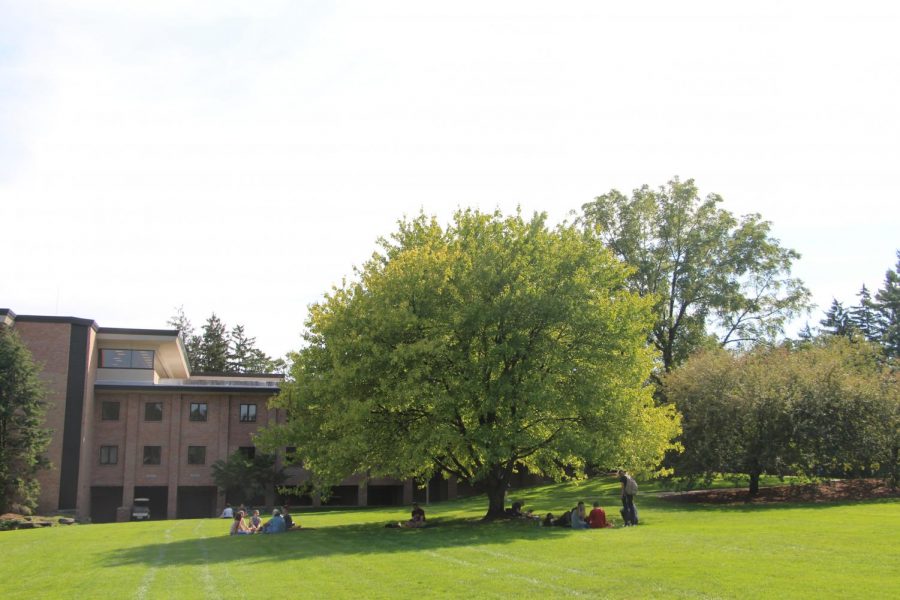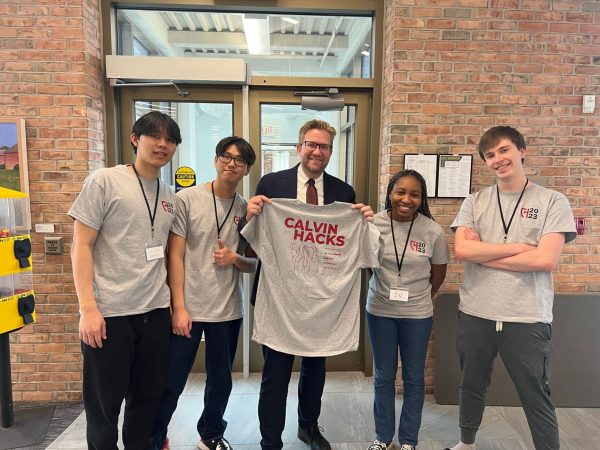Princeton Review recognizes Calvin as green campus
Calvin seeks to be a sustainable campus.
The Princeton Review’s Guide to Green Colleges recognized Calvin for the fifth consecutive year in their 2021 edition, according to a Calvin press release.
The Princeton Review’s selection process includes reviewing data collected by the Association for the Advancement of Sustainability in Higher Education, which rates universities’ performance based on sustainability programming, coursework, and practices. Calvin has achieved a “silver” STARS rating for the past five years.
The STARS rating encompasses an institution’s sustainability initiatives in multiple areas, such academics, campus and community engagement, operations, planning and administration and innovation and leadership. In the 2020 report, Calvin scored the highest for its academic curriculum and coordination and planning. Calvin’s lowest scores were in the buildings and purchasing categories.
“Calvin has an excellent reputation for sustainability,” said Becky Haney, an economics professor who coordinates Calvin’s sustainability activities. “We also have a very strong program for student involvement.”
She noted that Calvin’s model for sustainability in student living, led by sustainability coordinators on each of the dorm floors, is very successful at increasing student involvement. Sustainability coordinators typically coordinate recycling, composting and waste reduction efforts, as well as plan and lead Kill-a-watt during Interim.
“But sustainability isn’t just about recycling or reducing waste,” Haney said. “It’s a much comprehensive effort.” To truly be sustainable, an institution must have sustainable fiscal initiatives, social engagement, research programs and academic offerings.
Unfortunately the pandemic has put many of Calvin’s sustainability initiatives, such as the recycling and composting programs, on hold. “But hopefully this fallow year can serve to increase our sustainability efforts in the future,” Haney said.






